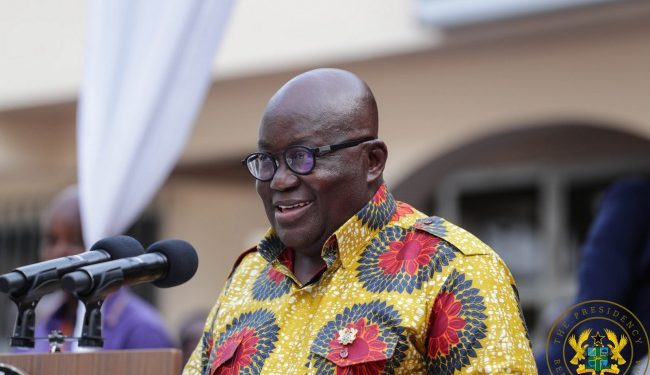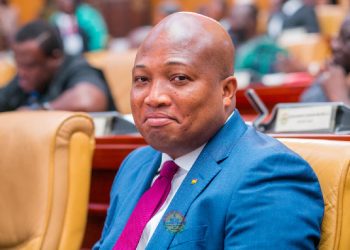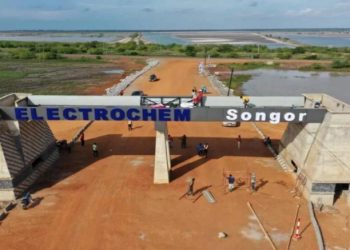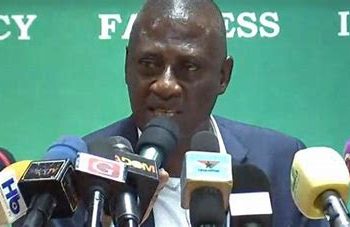Government will take care of the water bills for all Ghanaians for April, May and June 2020 following an increase in the country’s coronavirus cases amidst a partial lockdown of the epicentres of the disease.
President Nana Akufo-Addo in his fifth national address on Sunday, April 5, 2020, made the announcement as government intensifies the fight against COVID-19 in Ghana.
“Again, the Ghana Water Company Ltd and the Electricity Company of Ghana have been directed to ensure the stable supply of water and electricity during this period. In addition, there will be no disconnection of supply. Furthermore, government will absorb the water bills for all Ghanaians for the next three months, ie, April, May, and June. All water tankers, publicly and privately-owned, are also going to be mobilized to ensure the supply of water to all vulnerable communities,” the President disclosed.
Water crisis in Ghana
Several parts of the country have experienced shortage of water for some weeks now.
This was ultimately blamed on prolonged power outages which were due to a performance test on a new regulating and metering gas station in Tema, according to the Ghana Grid Company Limited (GRIDCo).
In the Eastern Region, for instance, the Water Company advised residents in Koforidua and surrounding areas to preserve water.
According to the Company, the Bukunor Water Treatment plant which supplies about 80 percent of potable water to the municipality and beyond has been experiencing some electricity supply challenges.
This very lack of potable water is undermining Ghana’s COVID-19 fight as many of the residents in the affected areas are finding it extremely difficult to abide by some of the safety and preventing measures such as the regular washing of hands under running water.
Experts have thus asked the government to prioritize and increase investments towards universal access to safe water to prevent the spread of the coronavirus.
GWCL to deploy water tankers to needy areas
The Management of the Ghana Water Company Limited earlier said that it had instituted a “strategic water supply-demand management plan” in the wake of the COVID-19 pandemic.
As part of its new strategy, it has arranged with “other institutions like the National Disaster Management Organisation, National Security and other agencies with water tankers to support our fleet of tankers in the delivery of water to critical areas.”
The new plan is to determine water volumes that need to be supplied in order to meet the various demands of the general public and that of other essential institutions during the outbreak.
While assuring of optimum water provision, the GWCL, however encouraged households and organizations to constantly store water for use during periods of uninterrupted water supply.















